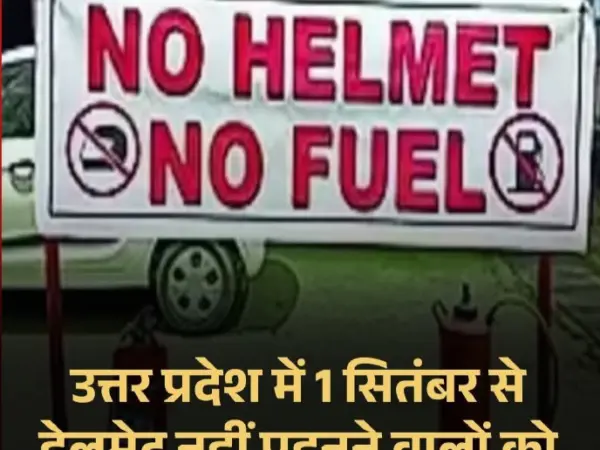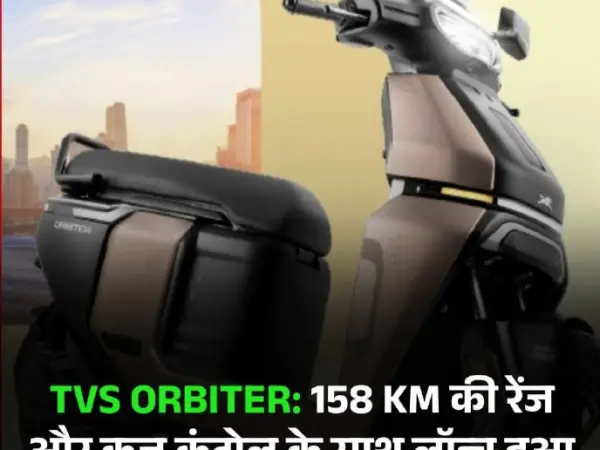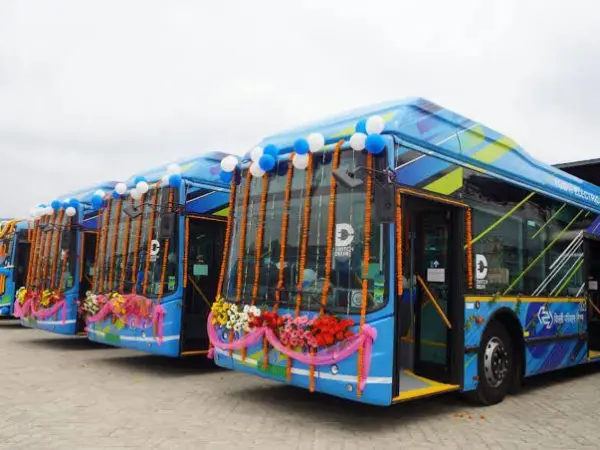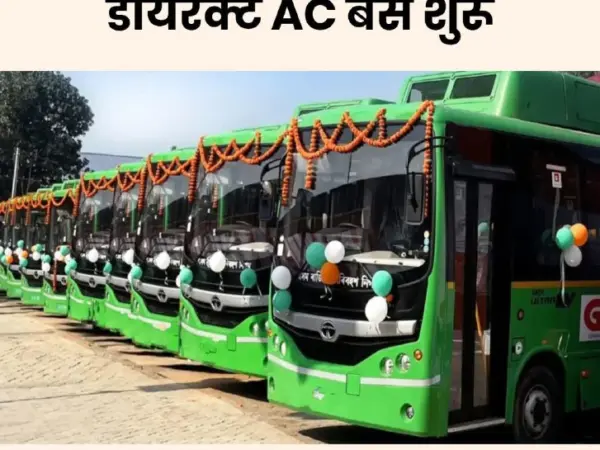Supreme Court of India Begins Final Hearing on Article 370 Abrogation
A Constitution bench of the Supreme Court of India is currently hearing a batch of petitions challenging the abrogation of Article 370 of the Constitution. This article conferred special status on the erstwhile State of Jammu and Kashmir. The bench, consisting of Chief Justice of India DY Chandrachud and Justices Sanjay Kishan Kaul, Sanjeev Khanna, BR Got it, and Surya Kant, is presiding over the matter.
Petitions Challenging Central Government’s Decision
Over 20 petitions have been filed before the Supreme Court, challenging the Central government’s decision to abrogate Article 370 in 2019. This decision resulted in the revocation of Jammu and Kashmir’s special status and the subsequent bifurcation of the erstwhile State into two Union Territories.
Previous Proceedings
In March 2020, a five-judge Constitution Bench of the Supreme Court declined to refer the batch of petitions to a seven-judge Constitution Bench, despite some petitioners seeking such a reference. On August 2, the top court commenced final hearings in the matter by questioning whether the Constitution makers and Article 370 itself envisaged the provision as permanent or temporary.
Questions Raised by the Court
The Court sought to determine whether Article 370 was considered a permanent provision merely because the Constituent Assembly of Jammu and Kashmir, which had the power to recommend its deletion, ceased to exist in 1957. On August 4, the Court further questioned whether Article 370 would become part of the Constitution’s basic structure if it is accepted that it became permanent when the Constituent Assembly of Jammu and Kashmir was dissolved.
The Court emphasized that in a Constitutional democracy like India, public opinion on public issues is sought through established institutions, not referendums like the Brexit referendum in the United Kingdom. The Court also clarified that the Constitution of Jammu and Kashmir is not mentioned in the Indian Constitution and that the Indian Constitution is the only binding document on the country.
Integration of Jammu and Kashmir with India
During the previous hearing, the Court remarked that the integration of Jammu and Kashmir with India in 1948 was not conditional. The Chief Justice stated, “One thing is very clear, that there was no conditional integration of Jammu and Kashmir with India. The integration was absolute and complete in every which way.”
Live updates from today’s hearing can be found here.
News Summary:
- A Constitution bench of the Supreme Court is hearing petitions challenging the abrogation of Article 370.
- The bench is examining whether Article 370 was intended to be permanent or temporary.
- Over 20 petitions have been filed against the Central government’s decision to revoke Jammu and Kashmir’s special status.
- The Court clarified that the opinion of the people is sought through established institutions, not referendums.
- The integration of Jammu and Kashmir with India in 1948 was deemed unconditional by the Court.
Follow DelhiBreakings on Google News
Superfast News Coverage by DelhiBreakings.com team.
For Superfast national news and Delhi Breaking Stories visit us daily at https://delhibreakings.com





